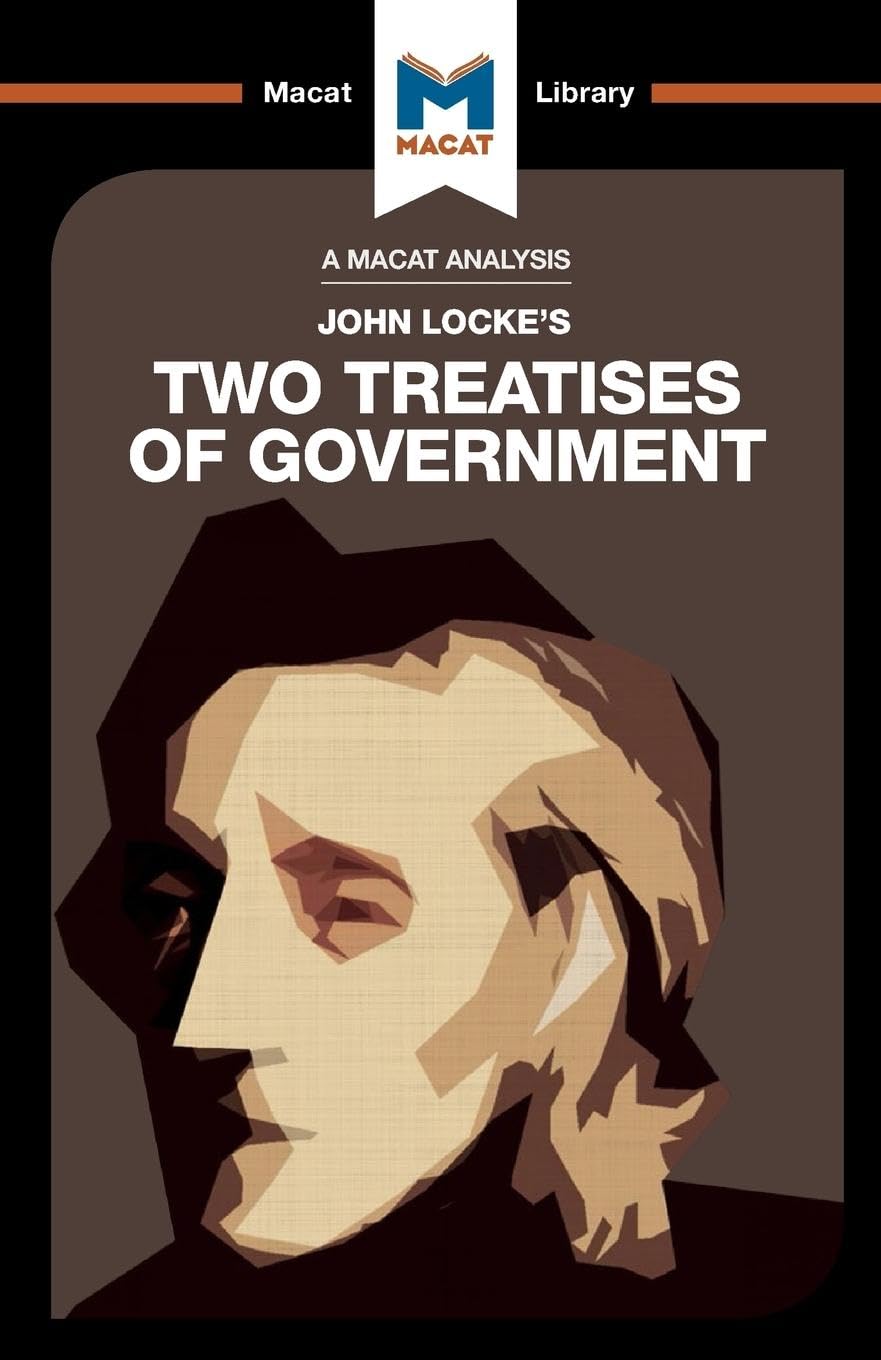AN ANALYSIS OF JOHN LOCKE'S: TWO TREATISES OF GOVERNMENT
AN ANALYSIS OF JOHN LOCKE'S: TWO TREATISES OF GOVERNMENT
Couldn't load pickup availability
John Locke’s 1689 Two Treatises of Government is a key text in the history of political theory – one whose influence remains marked on modern politics, the American Constitution and beyond. Two Treatises is more than a seminal work on the nature and legitimacy of government. It is also a masterclass in two key critical thinking skills: evaluation and reasoning. Evaluation is all about judging and assessing arguments – asking how relevant, adequate and convincing they are. And, at its heart, the first of Locke’s two treatises is pure evaluation: a long and incisive dissection of a treatise on the arguments in Sir Robert Filmer’s Patriarcha. Filmer’s book had defended the doctrine that kings were absolute rulers whose legitimacy came directly from God (the so-called “divine right of kings”), basing his arguments on Biblical explanations and evidence.
Share

